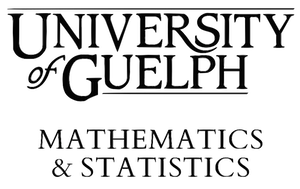SSC 1303
also available on MS Teams - please send request to Tricia Townsend, gradms@uoguelph.ca [1], for link to meeting.
CANDIDATE: Valeria Telles
ABSTRACT: Carbon capture, utilization, and storage (CCUS) is an essential technology for mitigating anthropogenic CO2 emissions that contribute to climate change. Research has demonstrated that aqueous solutions of amines, such as monoethanolamine, are promising solvents for postcombustion CO2 capture by reactive absorption. There are concerns with current solvents, including high energy demand for regeneration, solvent degradation, equipment corrosion, and adverse environmental impacts. The development of improved solvents is crucial to addressing these challenges. Due to the vast number of potential solvents, their discovery by trial-and-error experimentation is infeasible. In this thesis, we develop artificial neural networks to predict the acid dissociation constant (pKa) of amines, which have shown significant importance in the CO2 capture process. Input features, such as sigma profiles and molecular fingerprints, are explored to enhance the predictive ability. We validate our models by conducting a comparative analysis with existing theoretical and machine learning methods that predict pKa.
Examining Committee
- Dr. David Kribs, Chair
- Dr. Mihai Nica, Advisor
- Dr. William Smith, Co-Advisor
- Dr. Matthew Demers, Department Member
